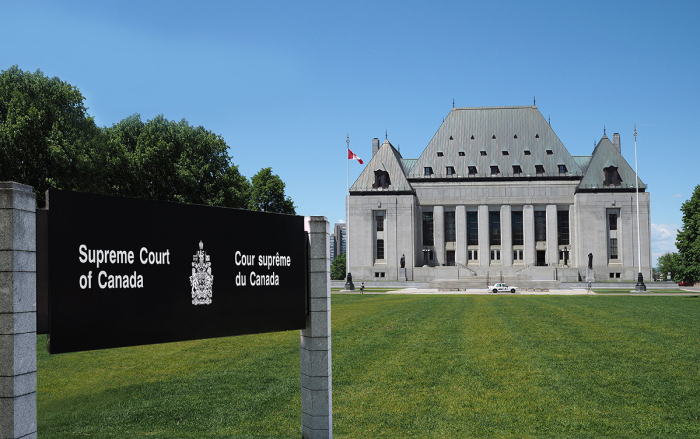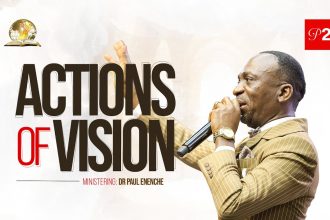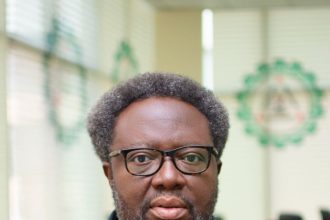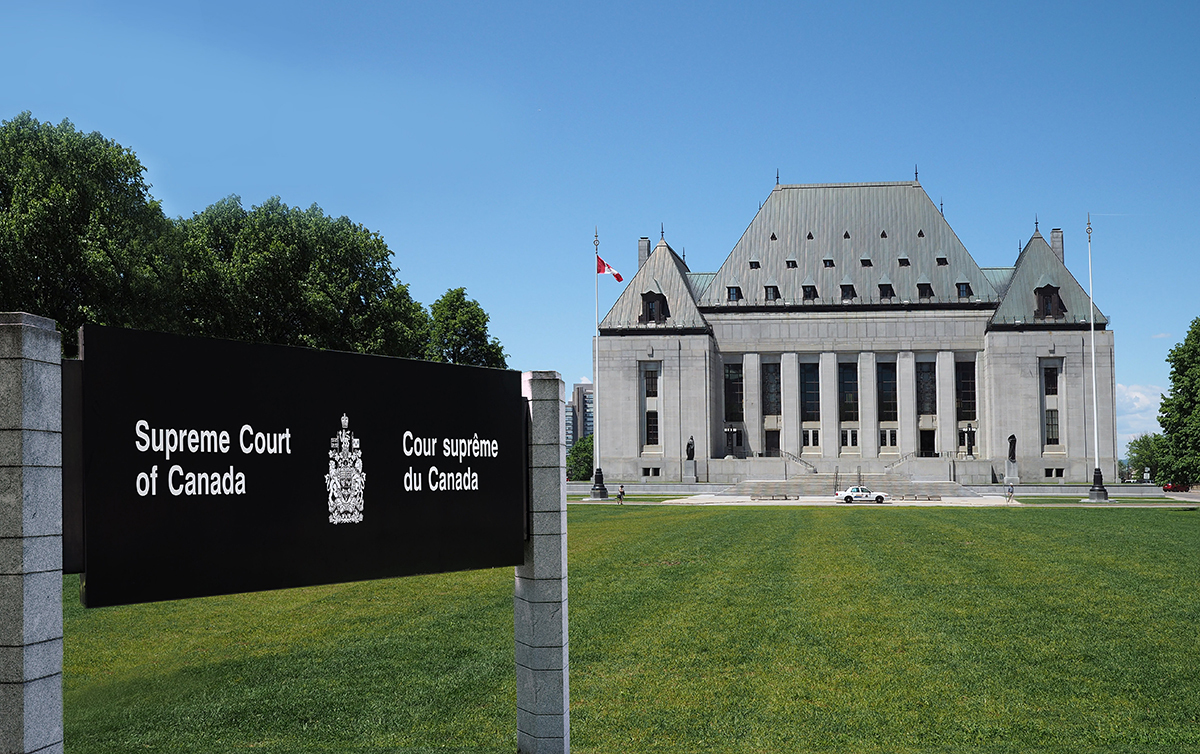
Canada’s highest court will determine if the province of Quebec can enforce a 2019 law banning public officials in authority positions from wearing religious symbols while on duty.
The Supreme Court of Canada decided last Thursday that it will hear an appeal in the case of English Montreal School Board, et al. v. Attorney General of Quebec, et al.
The high court did not include additional comment on the decision to hear the appeal but noted that Justice Mahmud Jamal “took no part in the judgment.”
Quebec Justice Minister Simon Jolin-Barrette and Jean-François Roberge, the minister responsible for secularism, issued a joint statement saying they will defend the law “until the end.”
“It is primordial, even vital, for Quebec to be able to make its own choices, choices that correspond to our history, to our distinct social values and the aspirations of our nation,” stated the government ministers, according to the Canadian Broadcasting Corporation.
Canada’s federal government intends to intervene in the case against the challenged measure.
Quebec’s National Assembly passed Bill 21 in 2019, which requires various public officials in authority — such as police officers or teachers — to refrain from wearing religious symbols while performing their duties. The law was renewed last year.
The measure has been challenged multiple times. But efforts to overturn the law in the Quebec Superior Court and the Quebec Court of Appeal have failed, CBC notes.
While the Quebec Superior Court sided with the English-language school boards when they argued that the law violated their “linguistic rights,” the Court of Appeal overturned this decision in February 2024.
Harini Sivalingam, director of the Equality Program at the Canadian Civil Liberties Association, one of the groups challenging Bill 21, argued at a press conference that the act is “infringing on the dignity, rights and freedoms of individuals who work in or aspire to work in the public service in Quebec.”
“Let us be clear, Bill 21 is a discriminatory law that violates the fundamental rights and freedoms of Quebecers. It negatively impacts individuals based on their religious beliefs,” Sivalingam stated.
“It is clear that Bill 21 has a disproportionate impact on specific religious minority groups, such as Muslim, Sikh and Jewish communities. Especially women.”
Dwight Newman, a law professor at the University of Saskatchewan, wrote in a column for The Hub that “Québec has a unique history with governmental power of religious institutions.”
“So, it understandably has a unique perspective on threats to religious freedom posed by an overt religious presence in governmental institutions. It enacted the law at issue after literally decades of debate,” wrote Newman.
“Québec’s approach is not dramatically different from that of functioning liberal democracies in Europe with analogous histories. These approaches have been permitted by the European Court of Human Rights.”








